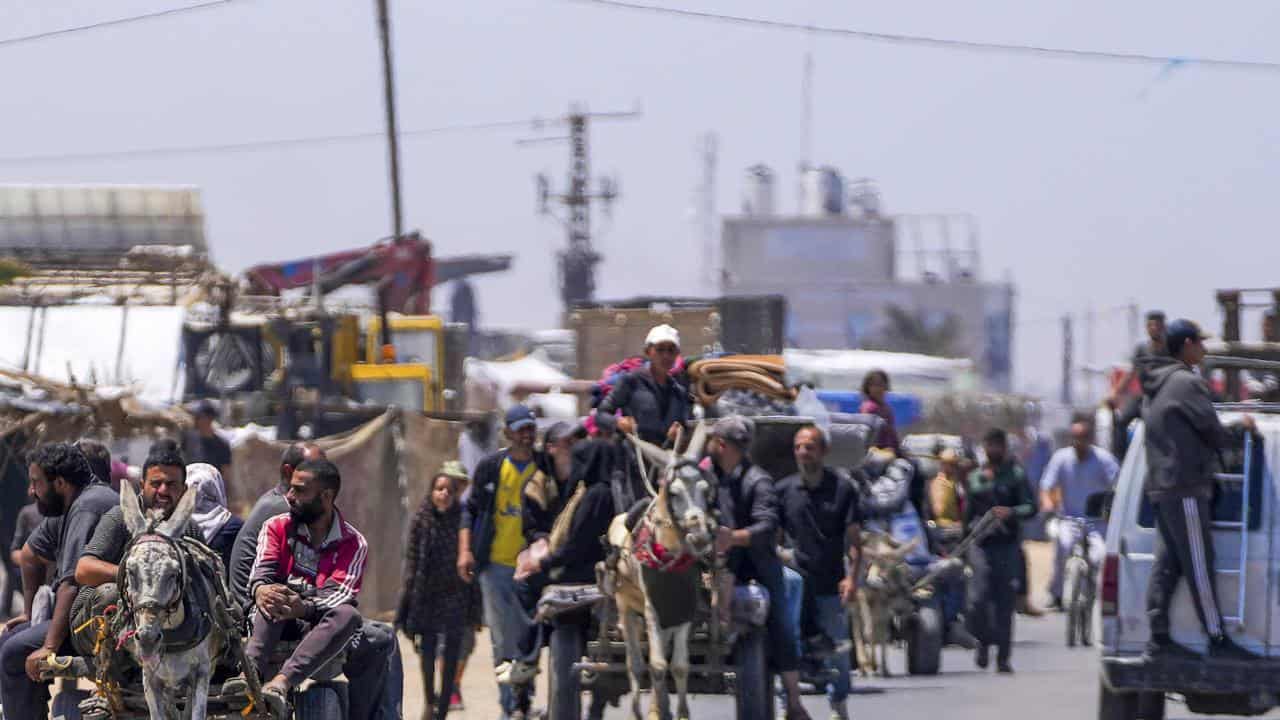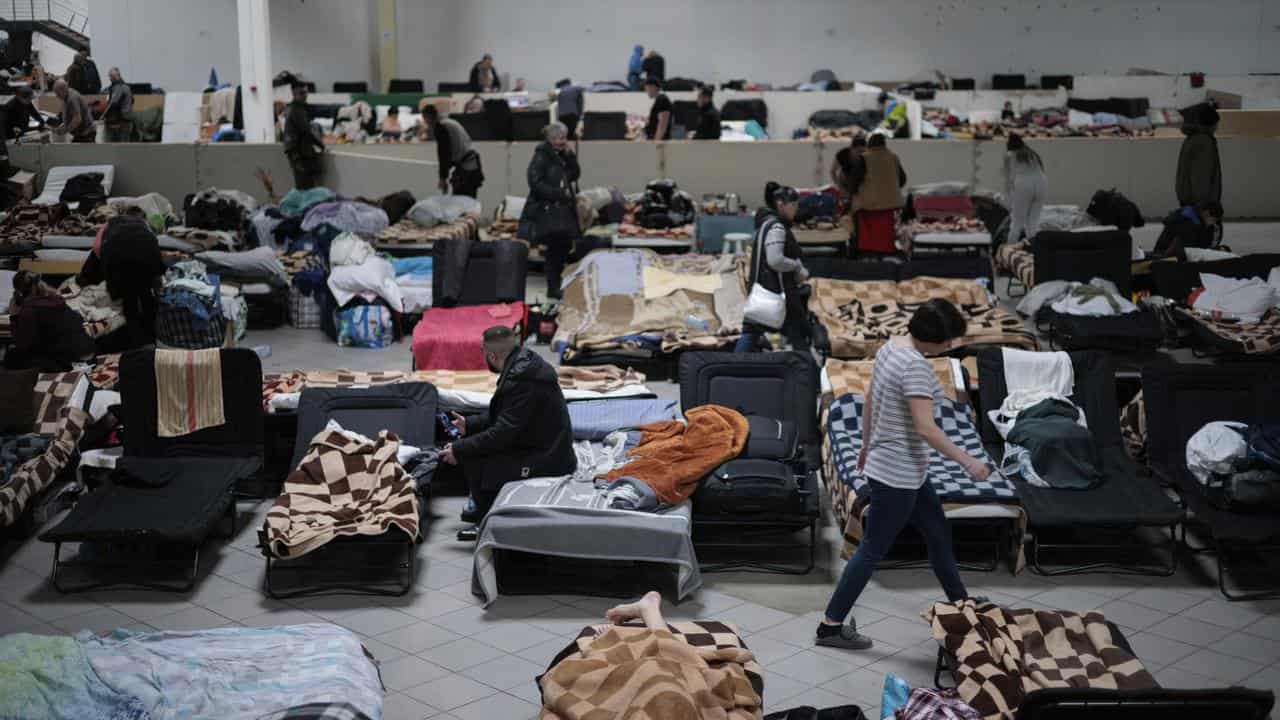Australia should streamline humanitarian visas: experts

Australia should issue one-year humanitarian emergency visas with access to services and work rights for refugees escaping conflicts, instead of the government's piecemeal approach that leaves many in limbo.
A report published by the University of NSW Kaldor Centre for International Law on Wednesday found that Australia's emergency response to four recent conflicts - Afghanistan, Ukraine, Sudan and Gaza - was inconsistent and inefficient.
Australia has issued at least 25 different visa types in the last three decades from those fleeing the Soviet Union and Kosovo to more specific ones for religious minorities such as the Ahmadis in Pakistan or Yezidis in Iraq.
"We only need to look at Australia's response to recent crises around the world to see how different it's been if you contrast the visa situation for people fleeing Gaza than from those fleeing Ukraine," report co-author Jane McAdam told AAP.
"It would be better to have a more streamlined, predictable, known process, rather than these ad-hoc responses every time."
The policy paper, Ensuring protection in humanitarian emergencies: A framework for Australia, recommended a uniform emergency visa with an initial 12-month stay, immediate access to Medicare and Centrelink along with work and study rights.
This would provide arrivals with a social security blanket and allow them to integrate quicker into the community.
The report found that Ukrainian asylum-seekers were encouraged to apply for a temporary visa (Subclass 786) that granted some work rights and access to Medicare but the same visa holders could not apply for permanent protection.

While for Afghan escapees, a cap on the number of humanitarian visas available bogged down the process.
For other conflicts such as Gaza and Sudan, limited visitor visas were issued by the government followed by bridging visas that allow for work and study rights as well as access to Medicare and Centrelink.
"Australia has extremely well established, long standing and rigorous systems in place to check identity and security ... but clearly there are political elements at play otherwise we wouldn't have seen such diverse responses to the four conflicts," Professor McAdam explained.
Last month, Opposition Leader Peter Dutton called for a halt in the intake of Palestinians fleeing Gaza until strict security vetting processes could be applied, to avert the risk of terrorist sympathisers being admitted.
Department of Home Affairs figures showed 7100 visas from Palestine had been rejected, and of the 2922 that had been approved, 1300 had arrived safely in Australia.
More than 40,000 Palestinians have been killed in Israel’s 11-month aerial bombing campaigns and ground offensive after a cross-border attack on October 7 by Hamas which killed 1200 people, while 250 were abducted.
"This is not the last crisis, unfortunately that we'll see and instead of reinventing the wheel or trying to retrofit visa categories, it just makes sense to kind of grab the bull by the horns and create something that's fit for purpose," Prof McAdam said.